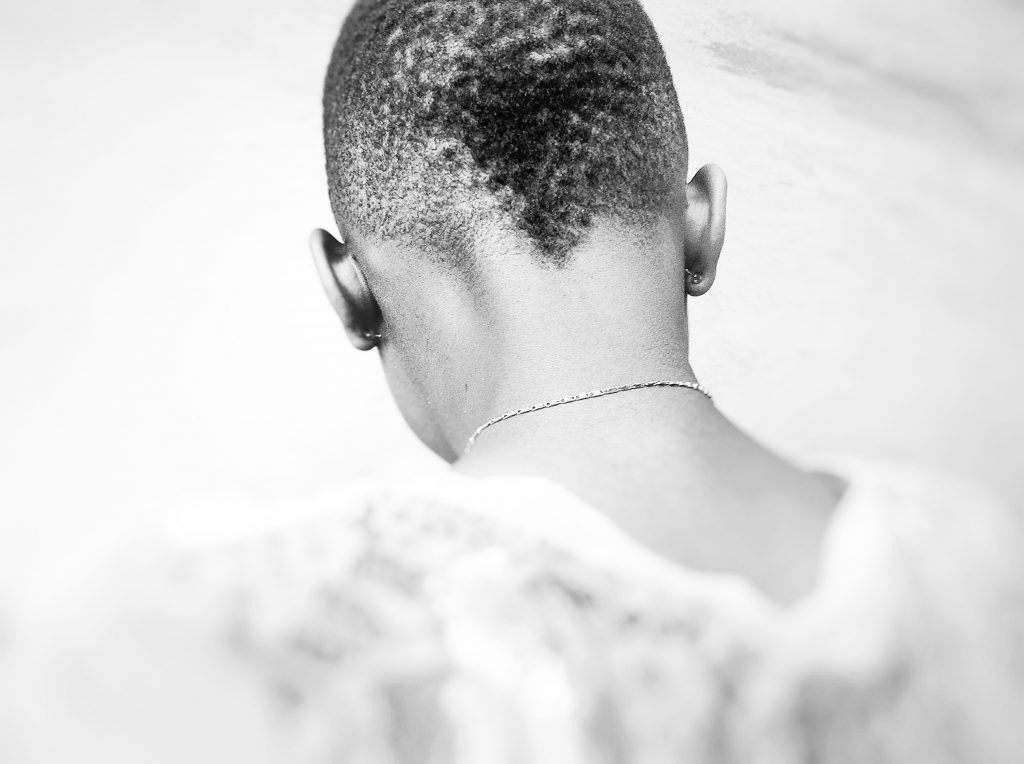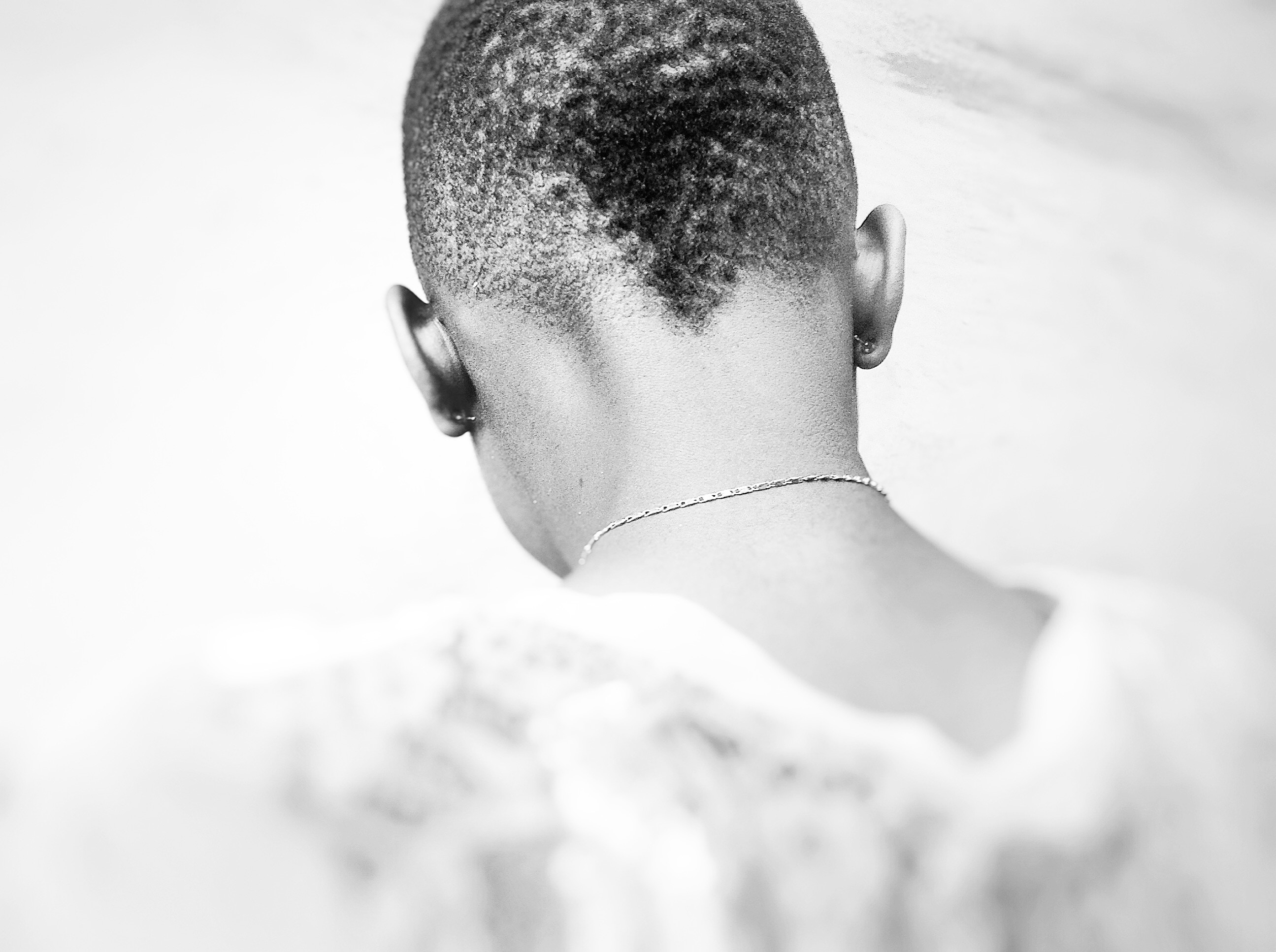
John Coltrane, “My Favorite Things”
written by Scott Rosen
Fifty or so years ago, John Coltrane’s “My Favorite Things” changed my life.
I was eleven or twelve years old; it was summer vacation and I was hanging out with my friend Jeff at his parents’ house. We didn’t go to camp or summer school. We had endless freedom to play, explore and just be alive. It was glorious.
We constantly listened to music on Jeff’s portable record player, the Beatles, the Rolling Stones and I don’t remember what else. One day we decided to check out his parents’ record collection. His parents weren’t exactly music lovers. Their collection had the usual pabulum found in 1960’s middle class white suburban homes: Sing-Along with Mitch, soundtracks like The Sound of Music and Hello Dolly, Herb Alpert’s Tijuana Brass. One totally unexpected album cover caught our eyes: a well-dressed young black man with a serious expression playing an instrument that looked like a cross between a clarinet and a sax. The cover, a deep blue background with a bold red title, was simple and elegant with no flash and no clue about the music inside. The album had the whitest possible title imaginable: “My Favorite Things”, the popular song performed by Julie Andrews in The Sound of Music. The record was pristine and had never been opened. The incongruity of it all was impossible to resist. We took it upstairs and played it.
I was transfixed. I never heard music like that before. The sounds, the emotional and spiritual dimensions, all of it was new and all of it blew me away. The music was alive. It was beautiful. It was peaceful. It was deep. We played that album nonstop for two weeks. With each spin we heard greater depth and nuance, even after we knew each phrase by memory.
Coltrane’s music is transcendent, although at the time I could not have put it into words. He touched me in a way that no parent, friend or teacher had ever done. A few years later, after hearing his album A Love Supreme and reading his liner notes, I began to understand that Coltrane was searching for God through music, and he was inviting us to join him.
Music lovers have always known that music can transform our spirit and bring us closer to each other and to the source of all life. I learned it from John Coltrane.
But music can be transformative socially too. I didn’t think of “My Favorite Things” as music with a cause or a message. But it began to transform my views on race, quietly with no shouting, violence or social agenda.
In 1968-69, racial strife and the Vietnam War were tearing America apart.
I lived in a sheltered white suburb of New York. The one or two African American families in town provided just enough contrast to make the whiteness look even whiter. My neighbors, my teachers and pretty much all the people I knew were white. My heroes were white: the NASA astronauts, Mickey Mantle, The Beatles. But little by little, African Americans entered into my consciousness. Virtually all of my exposure to African Americans was through television. I remember watching Bob Gibson dominate in game seven of the 1967 World Series. I remember the controversial Black Power salute at the 1968 Summer Olympics in Mexico City. The defiance and the pride were beautiful and courageous. On the news, the race riots, the assassinations and the violence all seemed to happen somewhere else, to someone else. The casualty reports from the war made it clear that African Americans suffered a disproportionate number of casualties. Yet we felt safe in our world. On TV I saw successful African Americans in sports and entertainment. But even in sports, we never thought we’d live long enough to see a black quarterback never mind a black president. Even the most liberal among us were raised on the mostly unspoken assumption that white people did better in life because white people were superior (even Jesus was portrayed as a blond-haired, blue-eyed white guy). The media and the culture reinforced those ideas. There was a serious but absurd debate over nature versus nurture which was satirized later in the comedy film Trading Places.
John Coltrane blew my racial assumptions away. Not because he was a warrior or because he conveyed a “message”, but because his music touched me and connected with me as no one else had. He wasn’t famous; I hadn’t seen him in person or on television or heard him on the radio; I hadn’t read a word he’d written or heard his voice. I didn’t know his views on anything. I didn’t know that he died. In fact, I knew absolutely nothing about him except his music.
I listened to more jazz and sought out as much information about it as I could. I loved jazz. In Junior High School I wrote a social studies term paper on the history of jazz. None of our school’s music teachers taught jazz or knew much about it. Some were outright hostile to it. When I started learning jazz on the guitar, I saw that jazz is difficult to learn and even more difficult to master. Jazz musicians have to be smart. And the jazz masters, the innovators, are geniuses. Most of the jazz greats were black. I began to despair that my new black heroes were innately superior to white people in the things that really mattered: Spirituality, humanity, intelligence and the ability to communicate on the deepest level. I had inverted the same racism I grew up with.
Wynton Marsalis once wrote sympathetically about the difficulty of being a white jazz musician and feeling like an outsider, growing up in a white world and finding out that your heroes are black, that the things that move you the most come from a culture that is not your own, that while you enjoy countless social advantages over your black counterparts, you envy them nonetheless. I felt this way at first.
But Wynton described a fleeting state of mind, a perception, not reality. A lifetime has passed since I first heard Coltrane. I feel those connections more strongly today and I believe in their power to make positive change. I love making music that connects us and brings the outsiders in. The connections last. I know others feel it too.
Scott Rosen is a jazz guitarist and composer based in Connecticut. He recently released his debut recording “New Friends” on RMI records, a recording of standards and originals produced by Noah Baerman and featuring Downbeat Magazine poll-winning drummer Matt Wilson, pianist Jen Allen, bassist Henry Lugo, and vocalist Atla DeChamplain.

Average Rating